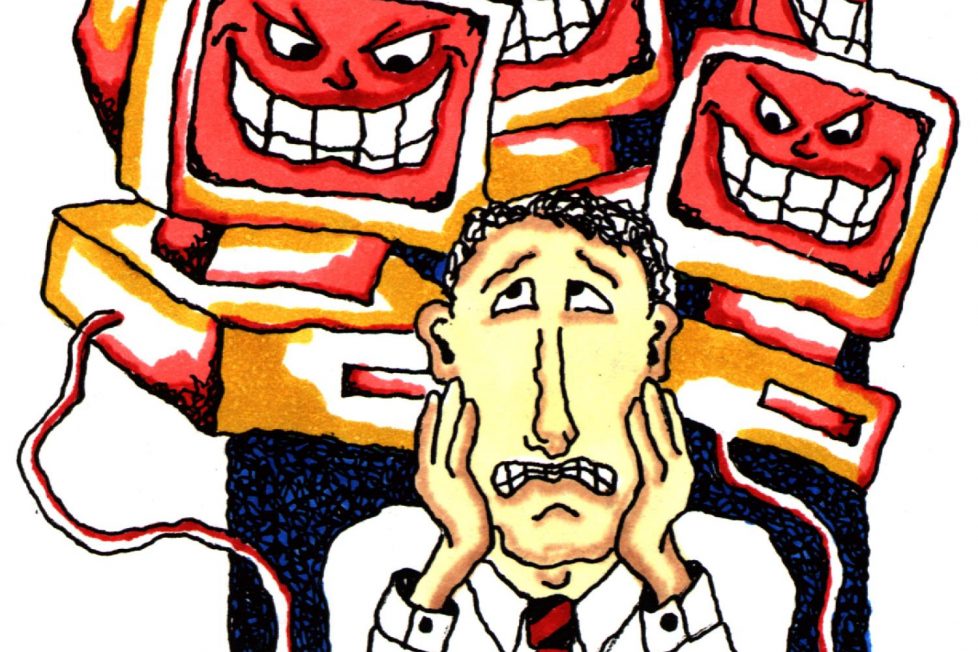How Profits Motivates Virus Creators

The motivation behind hackers has evolved noticeably over the last couple of years. Developing harmful viruses is less about “bragging rights” or satisfying the creator’s ego and is becoming more and more about generating profit or commercial return.
The destruction of data on your computer or corruption of programs you use is a common side effect and what people have traditionally associated with a computer virus. The reformatting of your computer “c: drive”, especially at work, and the loss of valuable data used to be an incredibly painful experience.
The widespread deployment of data back up solutions within companies to comply with legislation and other factors means less and less valuable data is now stored on your computer’s local hard drive. More importantly for the virus writer this attack does not generate much tangible profit so there is not much motivation to develop more sophisticated programs to counter improved anti virus applications and corporate network security.
However, there is profit for the virus writer in turning your computer into a spam distribution machine. “Spam” is email sent without the permission of the person receiving the message. Hackers gain control of your computer through a Trojan Horse which gives them the same access rights as the user. Once your computer is controlled by the hacker it becomes known as a “Zombie.” A group of zombie machines is known as a “botnet.”
By controlling a botnet a hacker can generate profit in a number of ways. The botnet can be used to exhort a ransom from a company by threatening launch a damaging “Distributed Denial of Service” (DDoS) attack against its web site. The botnet can also be hired out to other hackers.
The most common way of profiting from a botnet is to use it to send out spam email. According to the security software company Sophos over 50% of all spam email now originates from botnets. Hackers use spam email to drive traffic to pay per click advertising sites or distribute virus programs further. Using a zombie computer helps cover their tracks.
The drive for generating profit is clearly evident in a new form of virus dubbed “Ransomware” by security experts which started to appear in 2005. Ransomware, as the name suggests, holds data on your computer “hostage.” Files on your hard drive are encrypted with a password. The user is then contacted and asked to pay a ransom to release the file.
Here are some simple tips and strategies to help prevent your computer turning into a “Zombie.”
• Keep your computer up to date with the latest software patches for Windows and other Microsoft programs. Most viruses and other malware exploit vulnerabilities in widely used programs.
• Install a reputable anti virus program. Keep the definitions up to date and scan your computer regularly.
• Install a personal firewall or buy a router with a hardware firewall. Ideally you need a firewall solution which filters both incoming and outgoing traffic from your computer to the internet.
• Never open spam email or associated email attachments which is frequently used to distribute virus programs. Use a spam filter to help reduce the amount of spam you receive.
